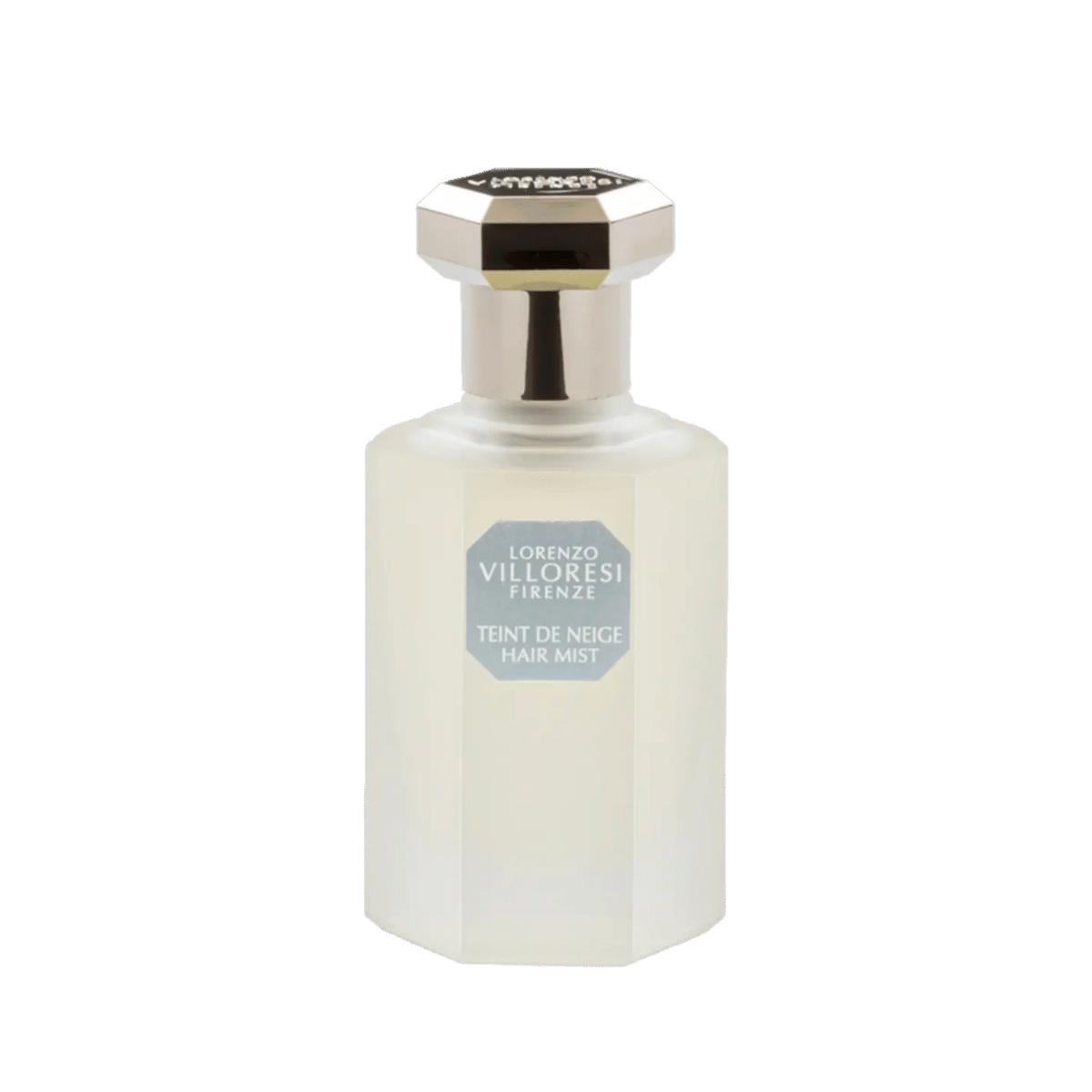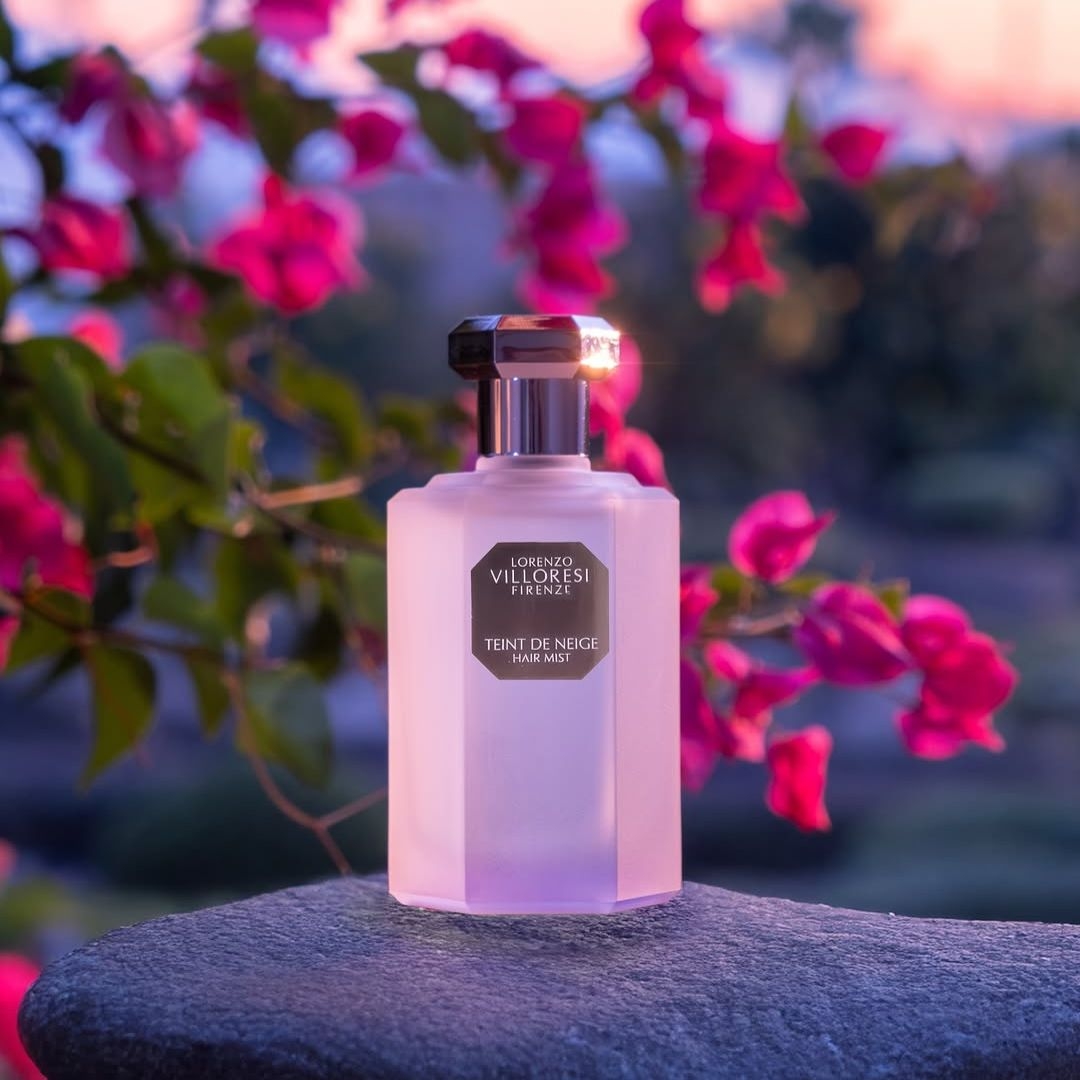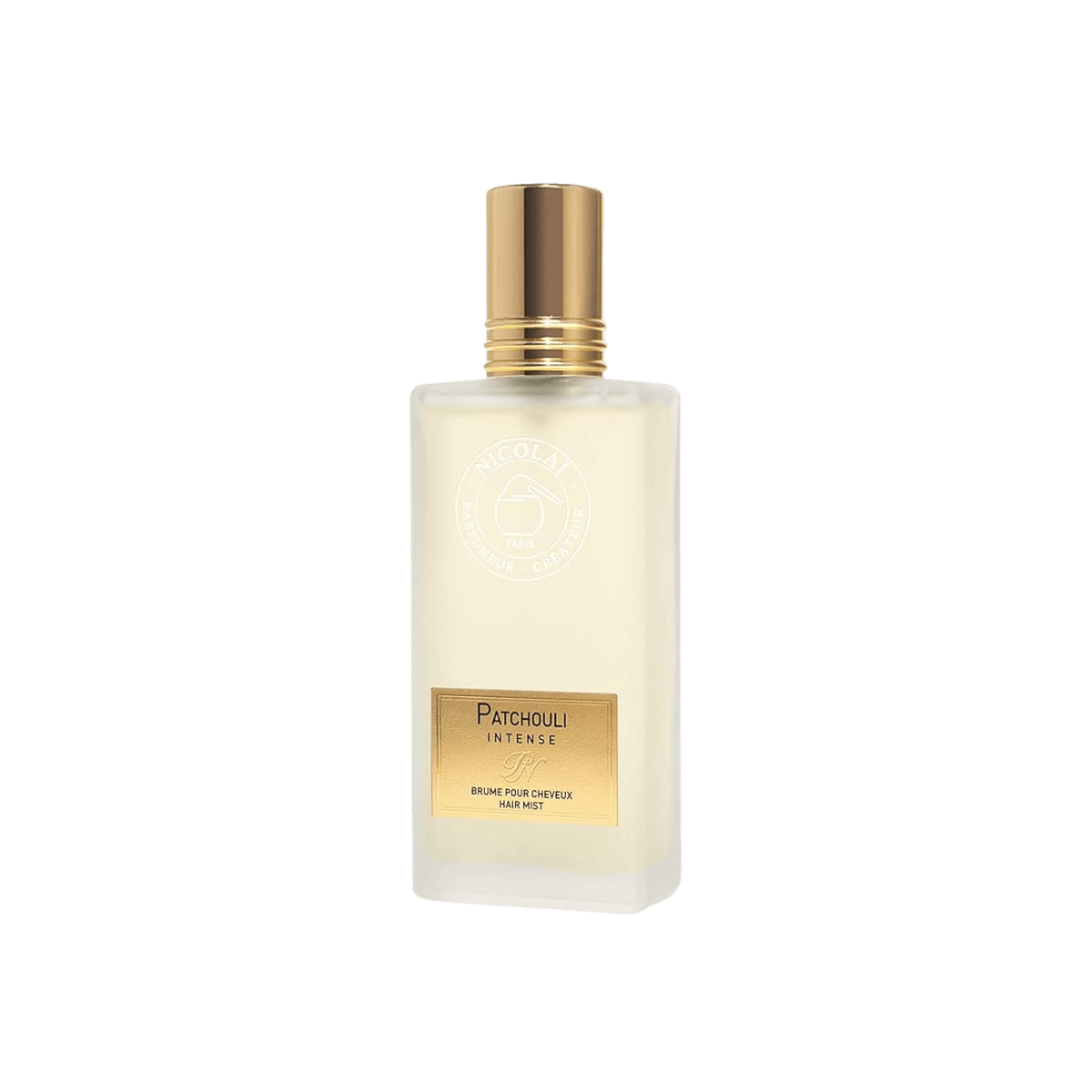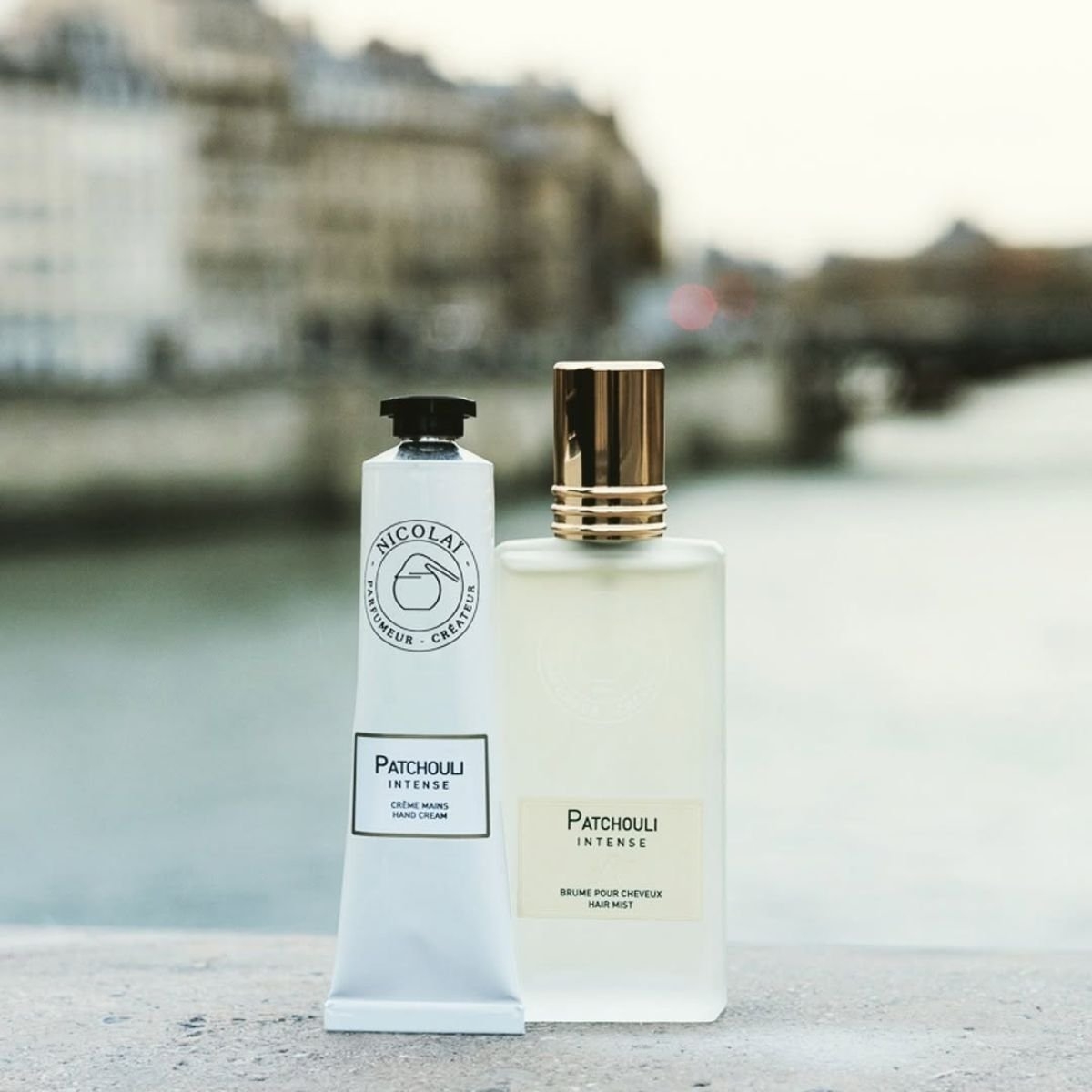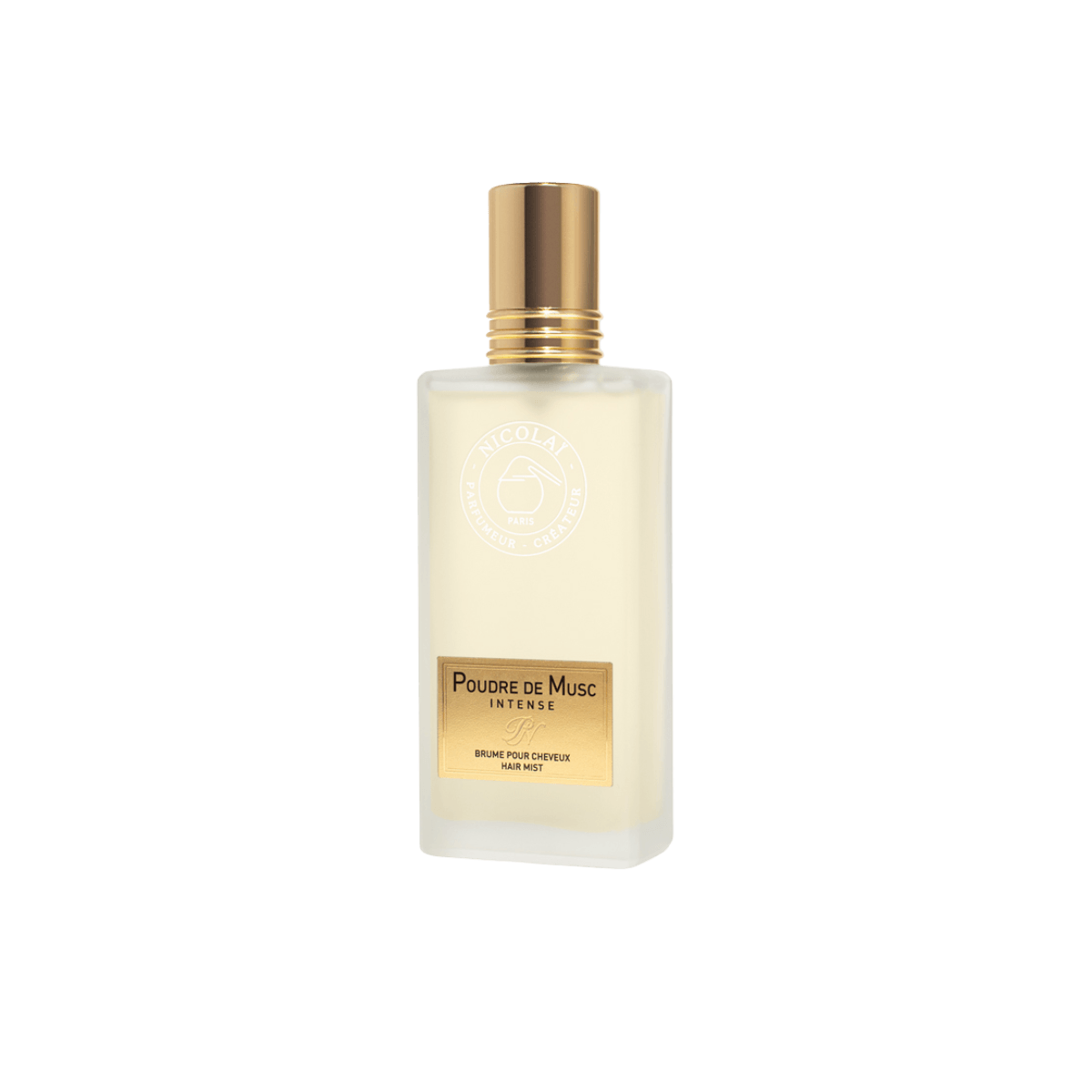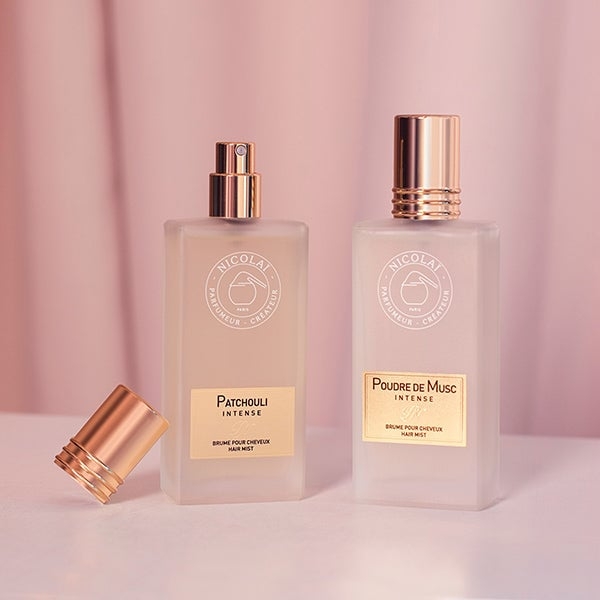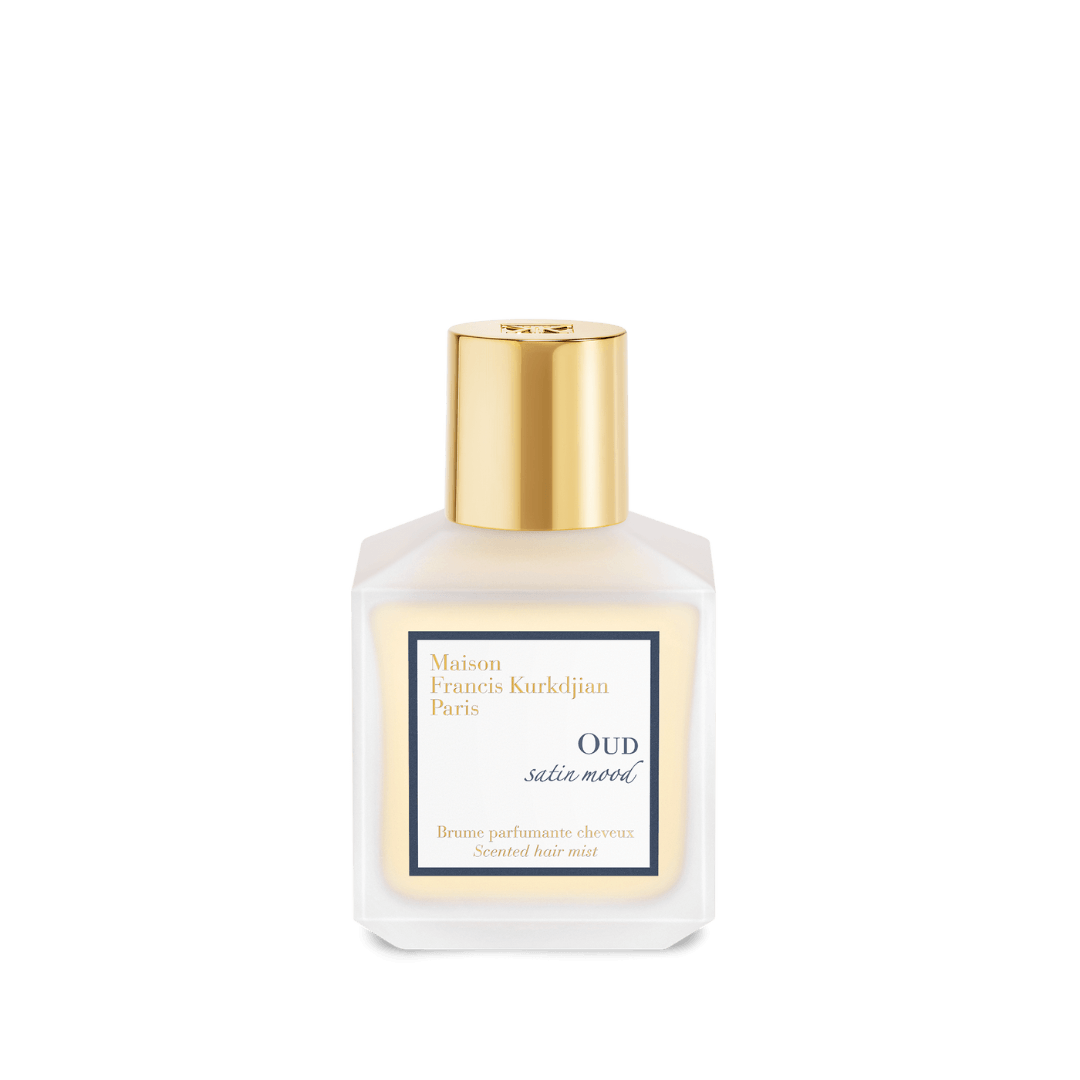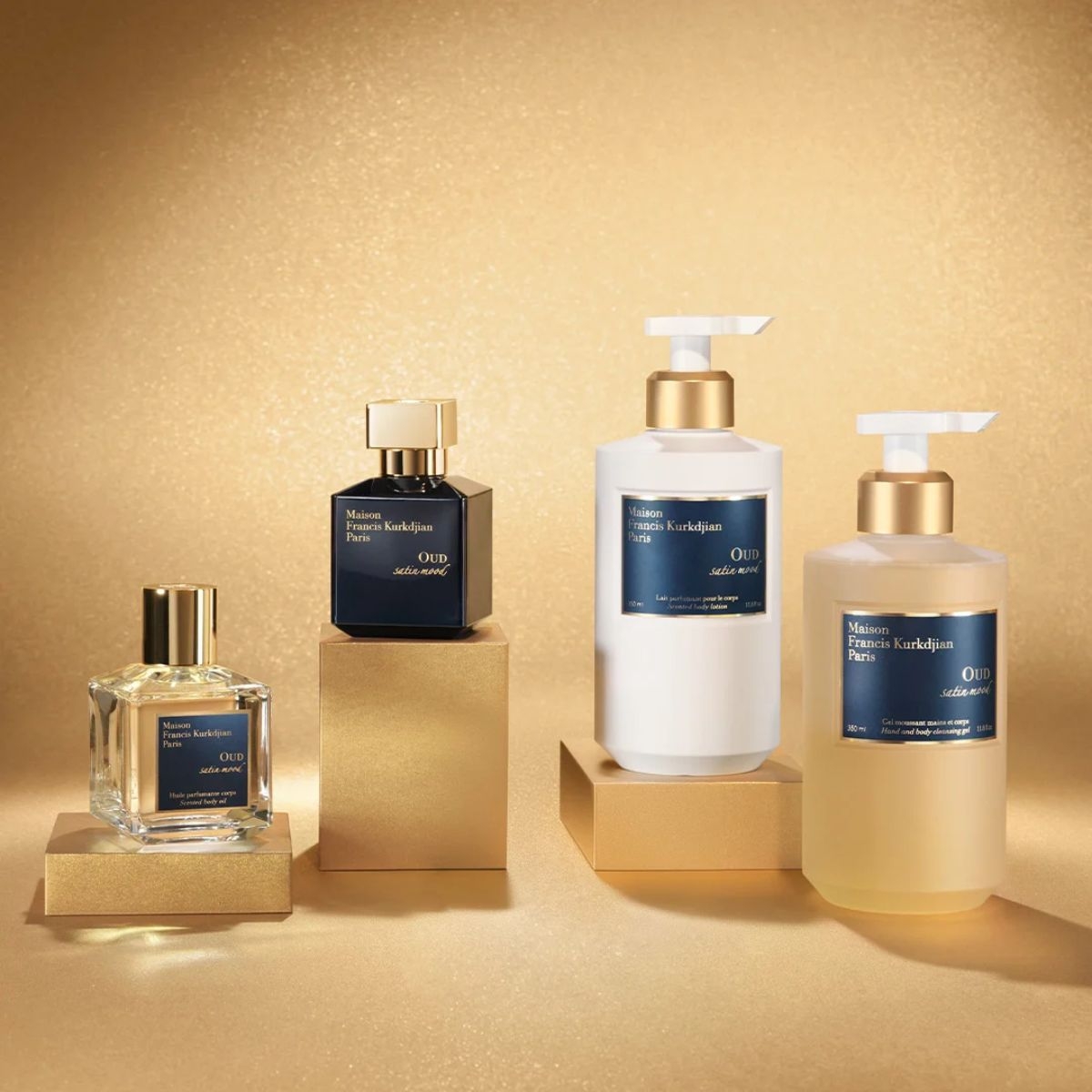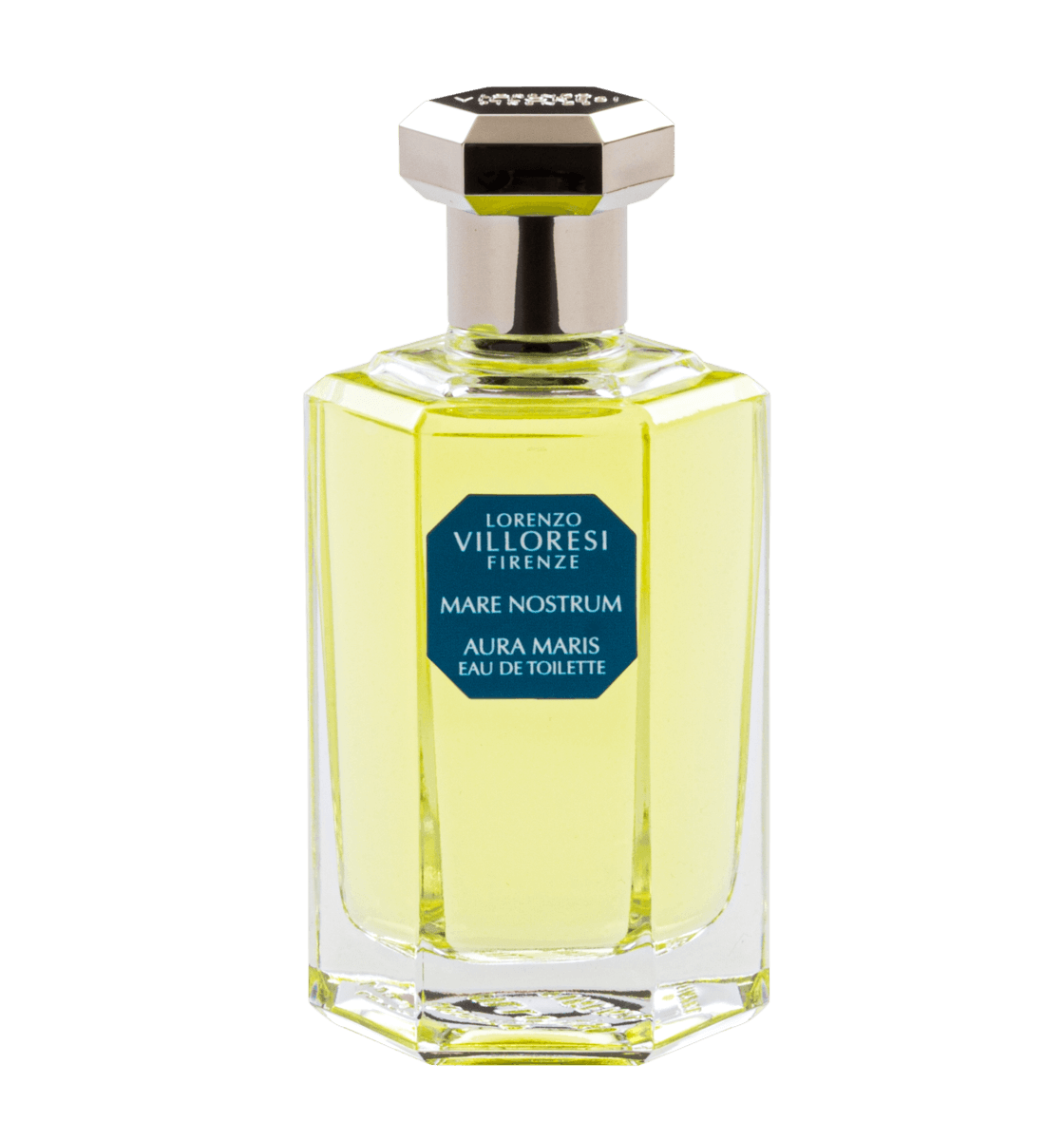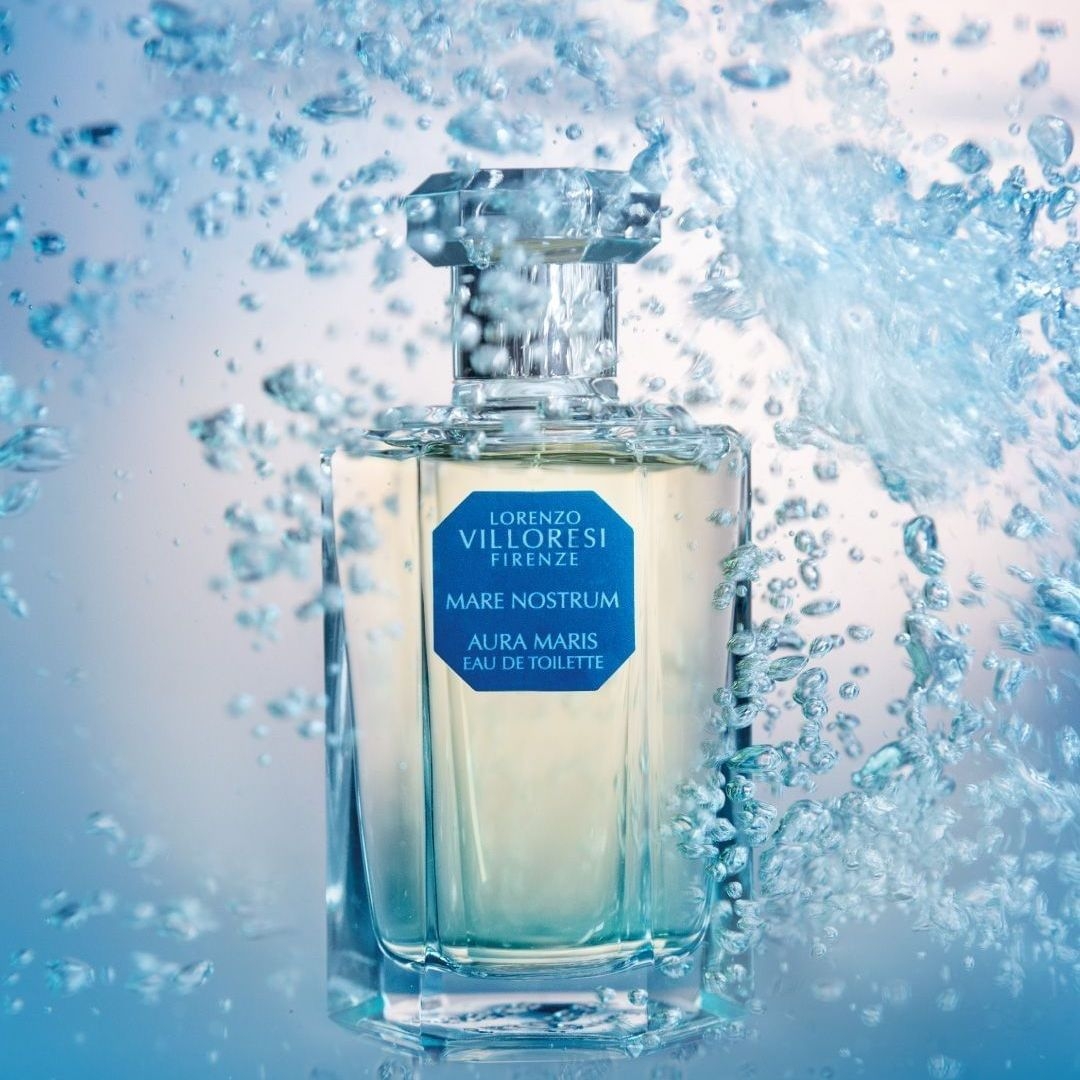Eau de toilette, eau de parfum en parfum: what is the difference?
Eau de cologne, eau de toilette, eau de perfume, extrait de perfume, perfume: the main difference is in the concentration of the perfume oil, i.e. the amount of perfume ingredients.
This affects how strong it smells, how long it lasts on the skin and how it develops on your skin. Do you know if you prefer which one you prefer and when to choose which type?
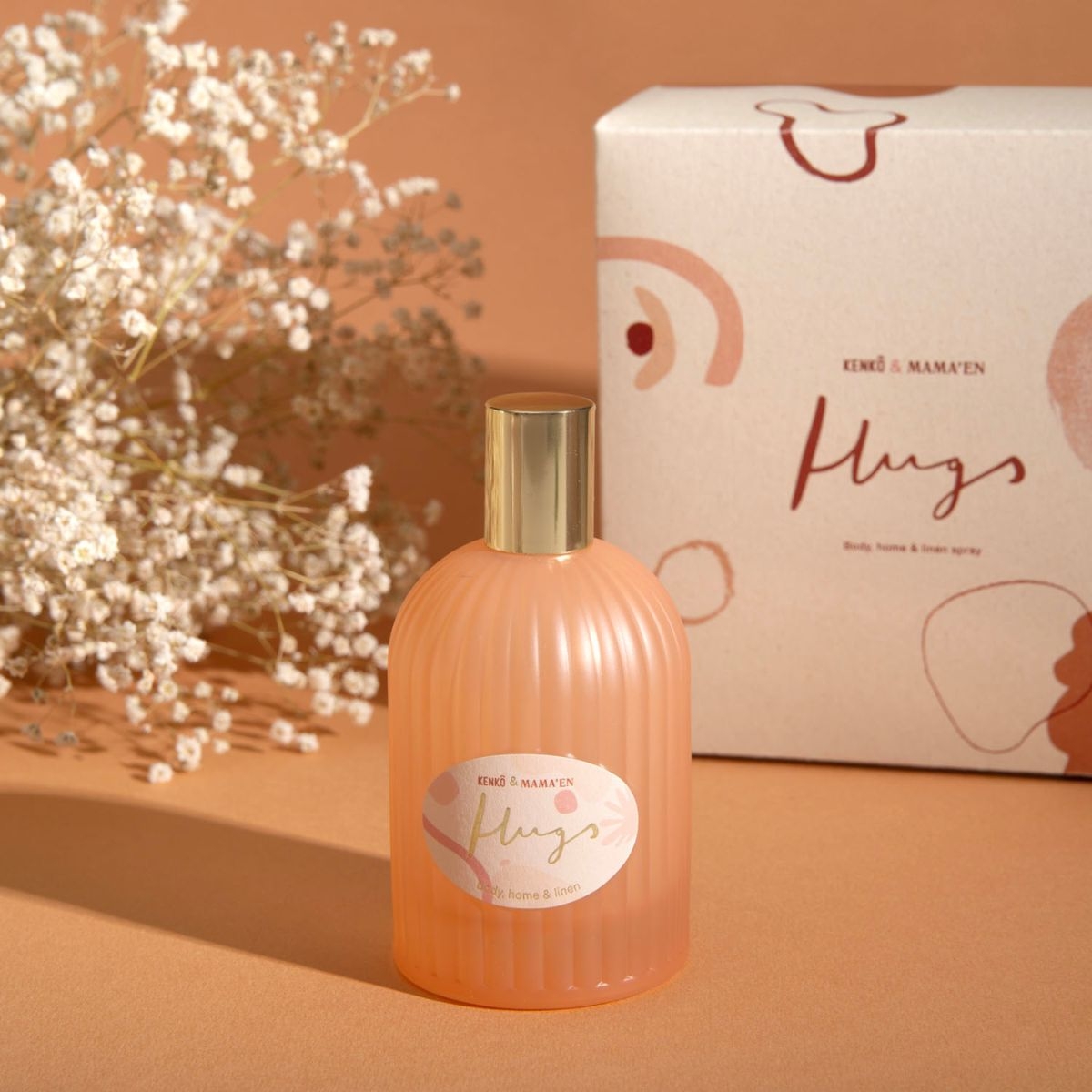
Eau fraîche, body mist, body splash
This is the lightest category with an average of 1-3% perfume oil. Specially designed as a light refresher, often used in a warm humid climate and/or as a refreshing all-over splash for your entire body. Because of their low concentration, it's wonderful to use an eau fraîche generously. The scent experience is relatively short but oh so invigorating.
By the way, traditional aftershaves are often so lowly concentrated, just like mild products such as baby and kids fragrances.
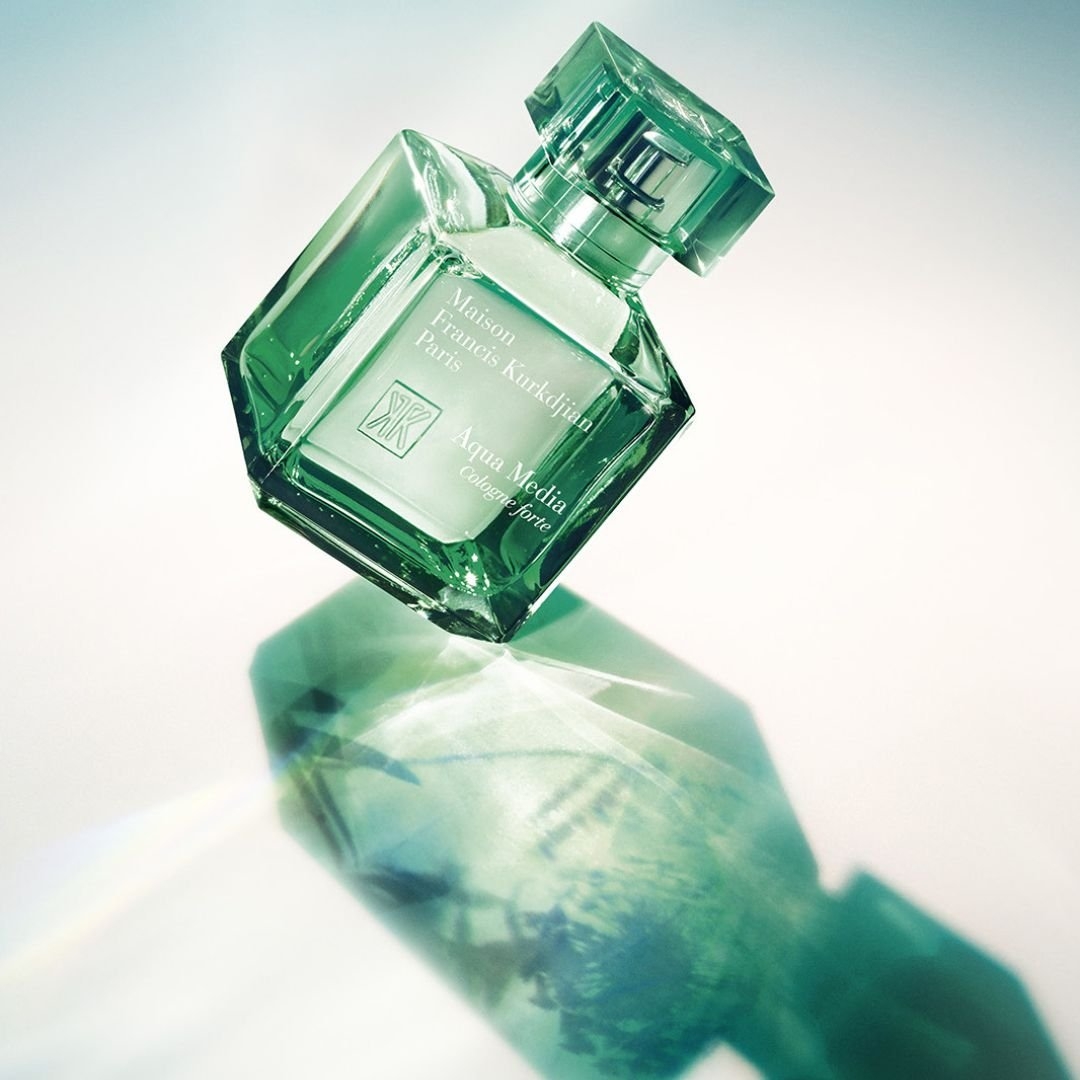
Eau de cologne
The term eau de cologne dates back to 1709 when a refreshing blend of citrus was created in Cologne, Germany, with the descriptive name Kölnisch Wasser, the water from Cologne, eau de cologne!
A traditional eau de cologne is made up of lots of citrus, such as bergamot, petit-grain and lemon.
Eau de colognes are perfumes with a lower concentration than an eau de toilette. On average, an eau de cologne contains 2-5% perfume oil and you can smell the effect on your skin for about 2 to 4 hours.
In recent years, eau de colognes have also appeared with a high concentration of perfume oil, but which are, in terms of feel and freshness, reminiscent of eau de cologne. The Colognes Forte series from Maison Francis Kurkdjian is a good example of this.
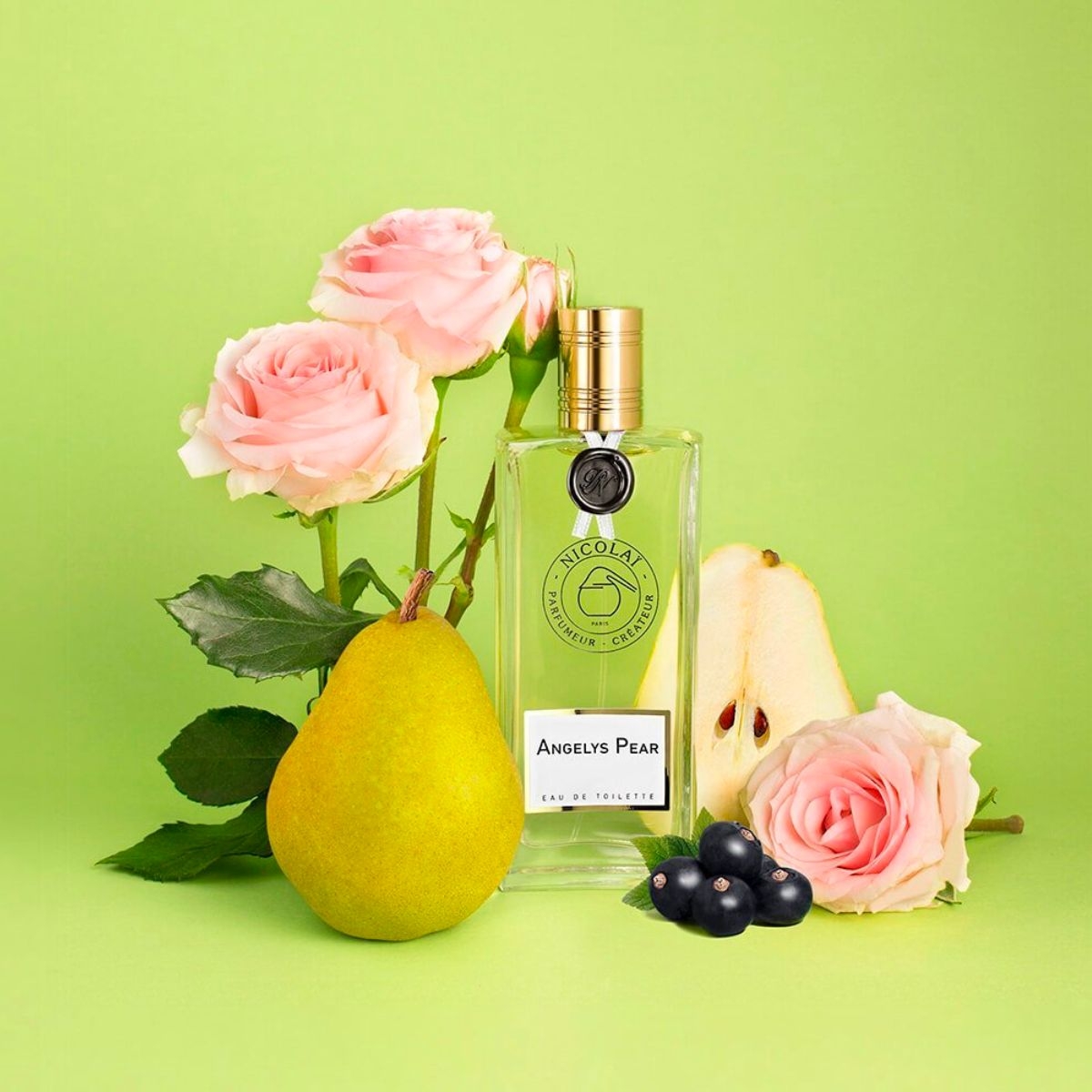
Eau de toilette
An eau de toilette is nice for daily use, neat and elegant. Depending on the quality and composition of the scent, you can enjoy this for hours.
On average, an eau de toilette contains between 6 and 12% perfume oil and you can enjoy your beautiful scent for about 3 to 6 hours.
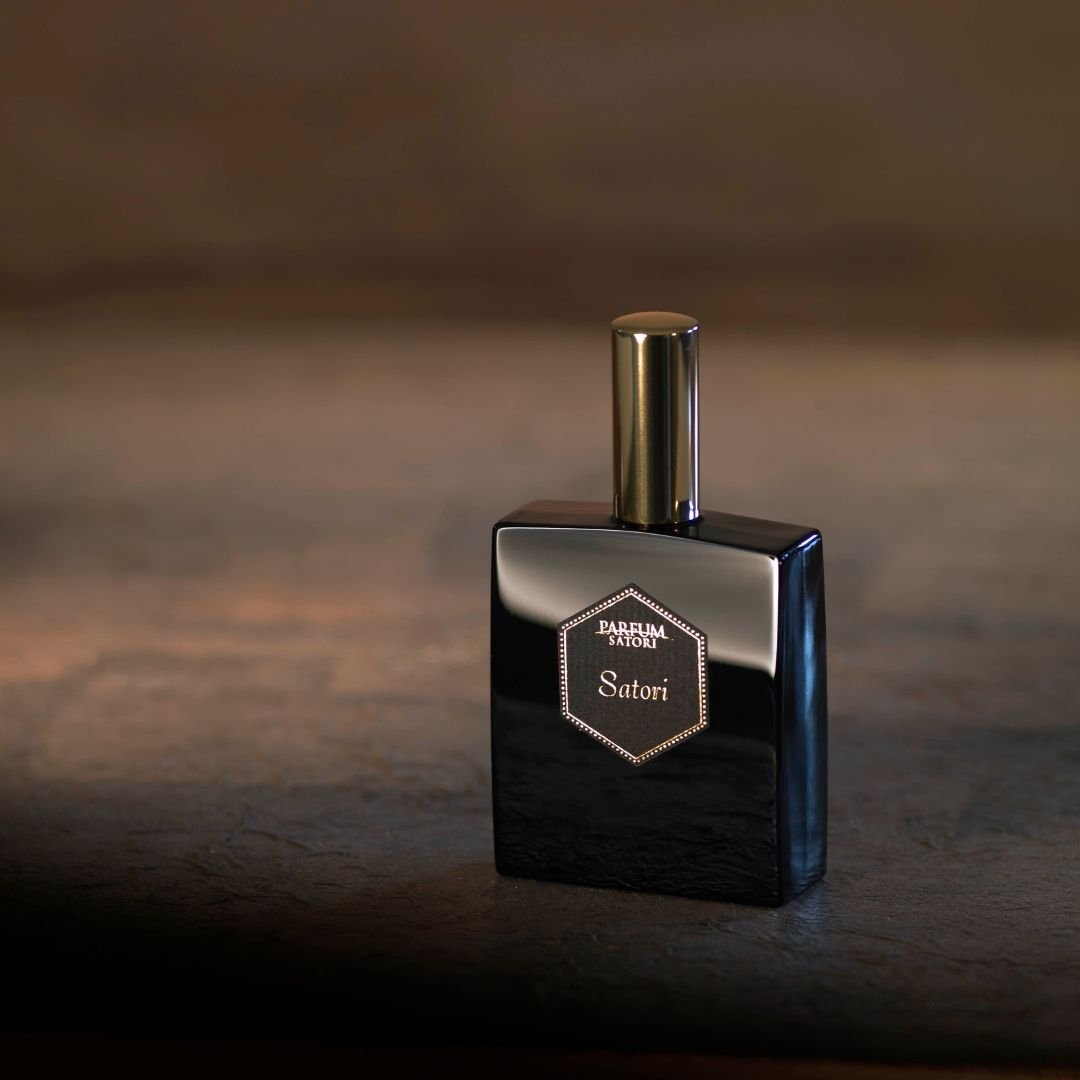
Eau de parfum
Eau de perfumes are more intense, luxurious and fuller than eau de toilettes. This will give you the full pleasue of your fragrance all day, evening or night! Our collection contains many beautiful eau de perfumes.
Most eau de perfumes contain between 10 and 20% perfume oil and can last all day (or night) on your skin.
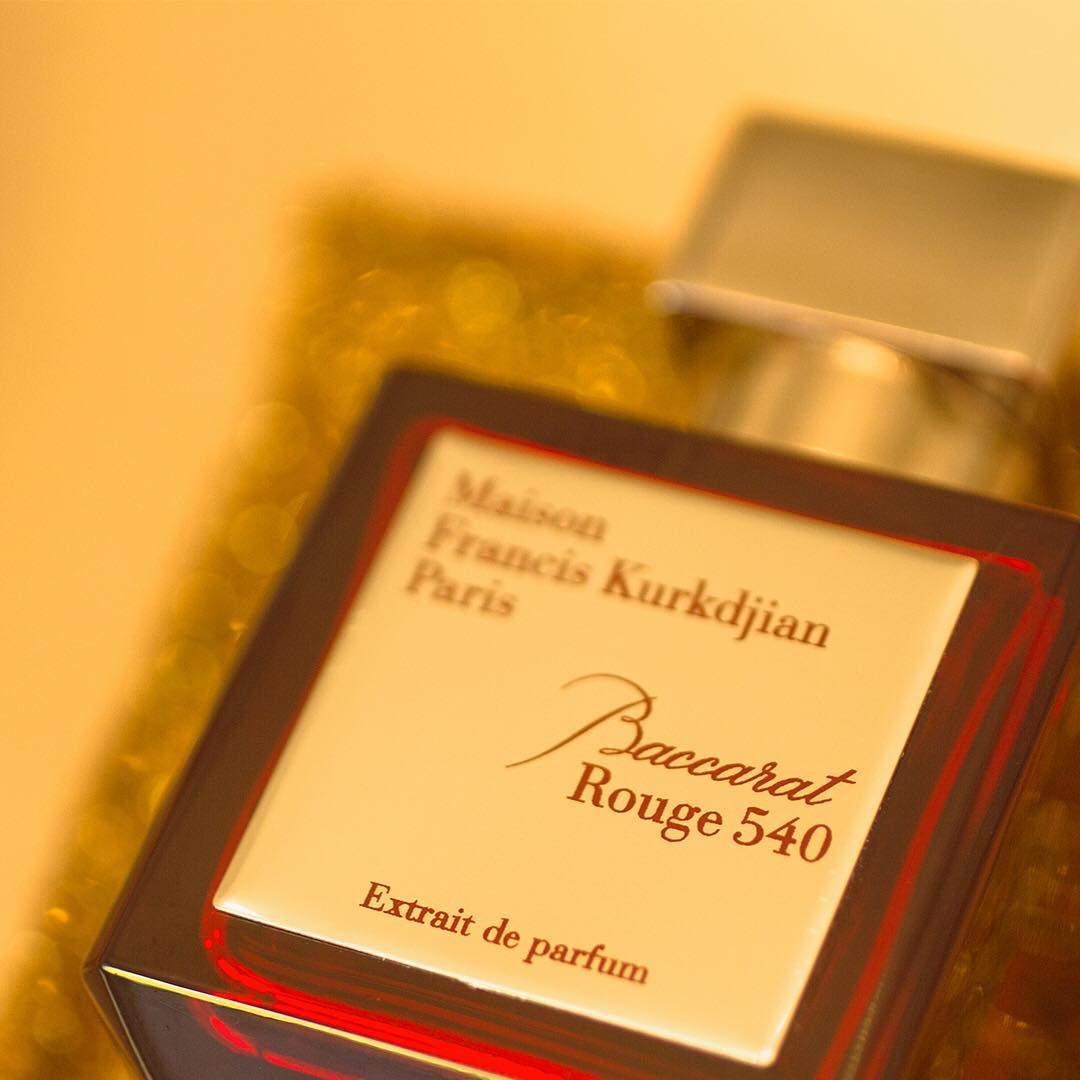
Extrait de parfum, parfums
If an eau de perfume is not strong enough for you and you want something even more luxurious and concentrated, then you can opt for the extrait de perfumes, perfumes and perfume oils. These contain on average between 20-35% perfume oil and can be either based on alcohol or oil.
The most potent, powerful and therefore most expensive scents are perfumes, also called extrait de perfume. Due to their high concentration, they remain noticeable on the skin for the longest time.
Therefore, apply perfumes sparingly, either by gently spraying or by applying with clean fingertips "just a dab." As Gabrielle (Coco) Chanel said: "in those places where you want to be kissed".
You can usually enjoy a perfume on your skin for more than 8 hours.
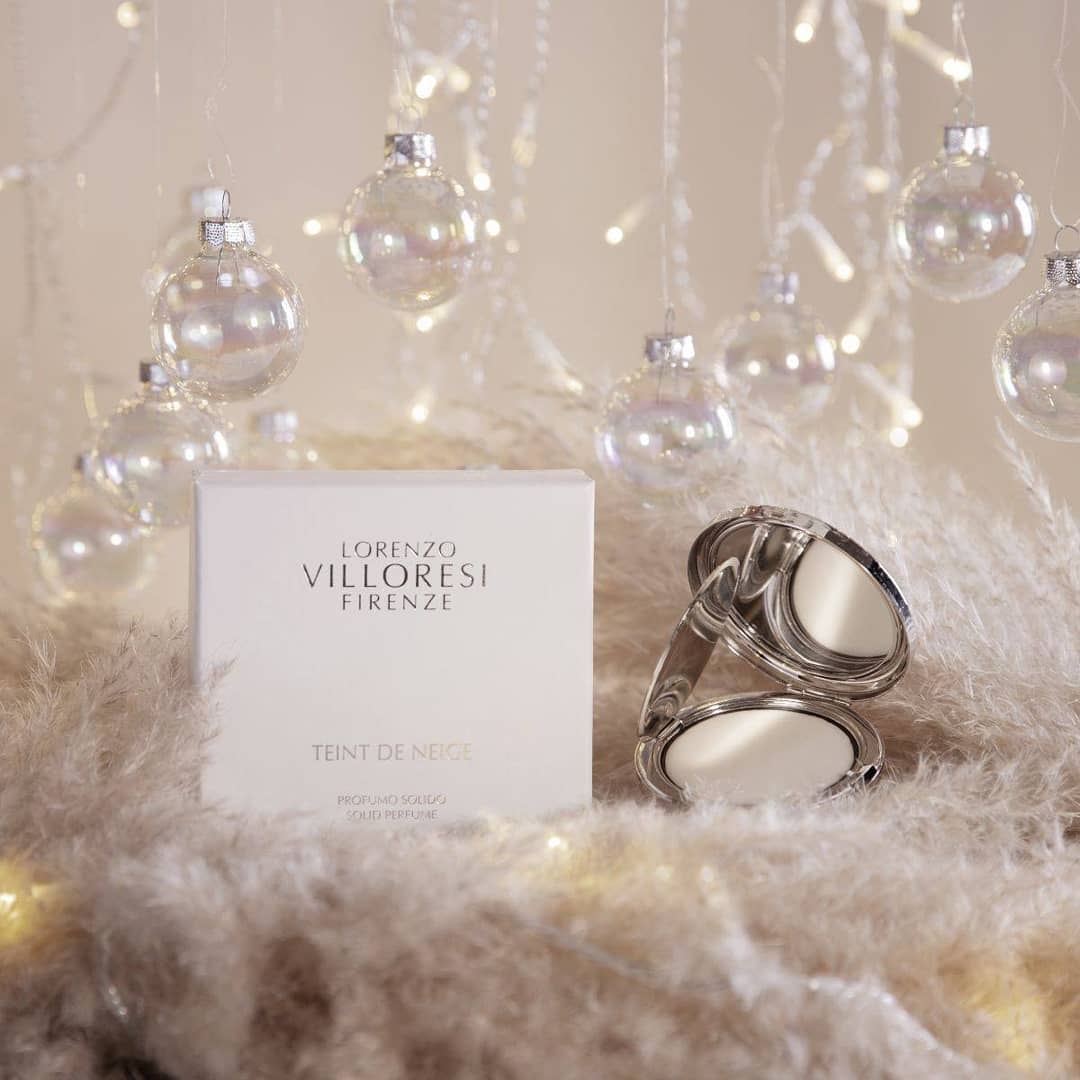
Perfume solids
A special category of perfume is perfumes in solid form, the so-called solids or perfume solids.
The big advantage is that solid perfumes do not contain alcohol and are therefore very practical when traveling. You can also (re)apply perfume very discreetly. And above all, the packaging is usually very fun and a little gadget for perfume fanatics.
The wax base can consist of beeswax, mineral wax or vegetable waxes such as shea butter and carnauba wax. A solid often contains a comparable amount of perfume oil as an eau de perfume.
Hair mists
Did you know that perfume ingredients adhere very well to hair? Hair mists are specially made to scent your hair; they contain less or no alcohol - to avoid possible dehydration of the hair - and care ingredients have been added to keep your hair nourished.
This way, you can enjoy your favorite perfume in your hair without any worries. Because fragrance molecules adhere so well to hair, the strength is usually similar to that of a body mist so that the scent remains subtle.
Enjoy these perfumes
Technical differences
The indicated percentages of perfume oil are averages, as there is no legislation or mandatory precise standard. These are common concentrations and terms that are usually used and encountered in our industry, the perfume industry.
Mixtures, often diluted with alcohol
A perfumer makes a creation by sometimes mixing more than 100 different scented ingredients. This is called a pure perfume or the perfume oil. It is an oily and often quite viscous mixture. To achieve the correct strength and to ensure safety on the skin, the perfume oil is often mixed, usually this is alcohol (ethanol) but can also be an odorless oil or wax (such as almond oil or beeswax).
Alcohol makes the entire product easy to spray, the alcohol evaporates quickly and spreads the scented ingredients nicely over the skin and through the air. Furthermore, alcohol has relatively little odor of its own and has a cooling, refreshing effect.
When to use which concentration?
Which perfume type suits you best is a matter of trying it out and wearing it on your skin. The season or occasion can also play a role.
In the summer, many people feel more comfortable with lighter perfumes or concentrations, while in the winter you may choose comfortable but heavier scents.
The most important thing - there is no right or wrong - dare to try, for example by buying a sample set or choosing an extra sample with your full bottle.
Enjoy it!
